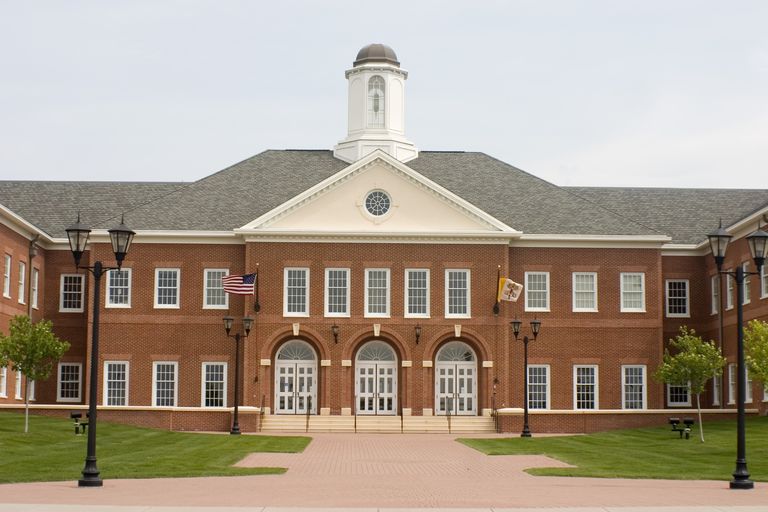Back to School: Examining the Tradition of a Recognizable American Polling Place

Voting in schools has been a long-time American tradition. Now it’s under review for safety reasons.
Depending on personal sentiment, such a review is either necessary in changing times or a nod to paranoia.
I must lean to the latter viewpoint.
For close to 20 years now, I have voted in Roxbury High School in Morris County. The voting machines are in the lobby as soon as one enters. People walk in, sign-in, vote and leave. That’s it.
Over the years, I don’t think I have ever seen a student. OK. That may be an exaggeration, but you get the idea.
Notwithstanding my experience – and doubtless the experiences of thousands of voters across the state – there seems to be a growing movement to stop voting in schools.
Mirroring what is happening elsewhere, a spirited debate on the matter is ongoing right now in Roxbury among the township council and the school board.
The council, in fact, studied possible alternatives to voting if a number of schools were no longer used as polling places.
In their place, the council said voting could take place at the township’s main recreation center on Eyland Avenue. An immediate fear was the cost involved and the prospect of overcrowding and huge traffic jams. After all, multiple polling places would be replaced by one.
Also discussed was closing school on election day, but some school officials worried that could result in an unofficial vacation. New Jersey public schools already close the Thursday and Friday of election week because of the teachers’ convention. So the concern is that if schools close on election day Tuesday, some parents would see an opportunity to take their kids on a week-long vacation.
Some parents might do that, but certainly not all of them.
But there is a greater issue than vacation schedules.
Just why is voting in school seen by some as a safety risk?
Anything can happen at any time. We know that.
But still, is a “voter” going to enter a school and then run into a classroom menacing children?
Just like a degenerate attacking or running onto a stopped school bus, it can theoretically happen, but are such things legitimate threats? A rational person would say “no.” And clearly, a sick individual inclined to harm others on election day can do so at any polling place. Voting in many towns also is done in such places as libraries and senior centers. Should we outlaw them as polling places as well?
What seems most disconcerting about this debate is the apparent notion by some that schools must be islands among themselves.
The National School Safety and Security Services is a consulting firm that, as the name suggests, works on school security. Its website seems to think that voters entering a school are some sort of an invading army.
It suggests increased security on-site and increased police patrols on the perimeter. It also urges schools to adopt temporary parking regulations in hopes of ensuring that a voter and a student never, ever intersect with each other.
This type of thinking is not unique to national consulting firms.
A recent story in The Record newspaper quoted a New Milford school official complaining about “strangers” coming into the school building.
Really?
The people who vote in the local school are people who live in the neighborhood. That’s by definition.
Many times, they are parents of kids who go to the school in question or who have attended it in the past. Voters also may be former students.
And in just about all cases, voters are people who support the local school – and others – through their property taxes.
Calling them “strangers” does nothing but raise suspicion about people who probably are not very suspicious at all.
Interestingly, agencies and departments in the state related to education didn’t offer strong positions on the issue. Both the state Education Department and the state School Boards Association stressed student safety, but said they did not have firm positions on voting in schools.
The state teachers’ union said schools must remain open to the community, but also said safety cannot be compromised.
In the absence of strong guidance from above, it seems clear this will be an issue going forward for local school districts and governing bodies.
And their best approach would be to ignore the alarmists and not change how voting has been done for generations.









Leave a Reply